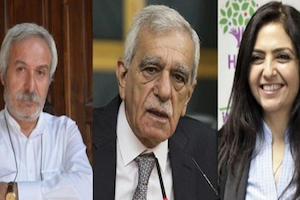Does Kılıçdaroğlu Have a Path to Victory?
By Halil Karaveli
May 23, 2023
Kemal Kılıçdaroğlu’s failure in the first round of Turkey’s presidential election is a testimony to the waning appeal of liberalism in the face of ethnic conflict and refugee flows. The Turkish nationalism on which Kılıçdaroğlu has fatefully stumbled is fuelled by the Kurdish challenge and the Syrian refugees. But it is also fed by a heightened sense of national insecurity in a global context of escalating geopolitical confrontation. The virulently nationalist rhetoric against the Syrian refugees that Kılıçdaroğlu has adopted in order to make himself a palatable choice to right wing Turkish nationalists does not necessarily offer him a path to victory. Tarnishing his image as a liberal and social democrat, he risks forfeiting the support of the Kurdish voters as well as the support of Turkish liberals and leftists.
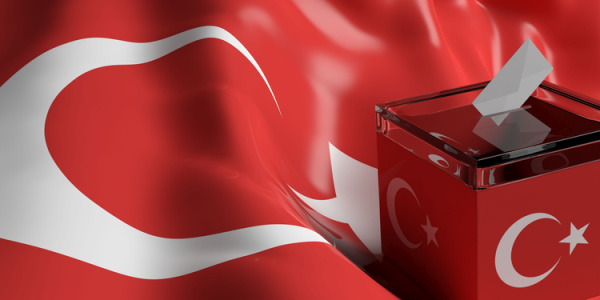
Will the Turkish State Accept Kılıçdaroğlu as President?
By Halil Karaveli
May 8, 2023
It was the perceived need by the Turkish state to check the Kurdish political movement that precipitated the transition to the presidential system. Today, it is Kemal Kılıçdaroğlu’s determination to abolish this system that has secured him the support of the Kurdish movement and set him on a path to victory on May 14. But conversely this also makes Kılıçdaroğlu unacceptable to the state. A peaceful transition of power – which has been a cornerstone of Turkish democracy despite its deeply flawed character otherwise – cannot be taken for granted. The most optimistic scenario is that decision-makers in the state nonetheless conclude that the democratic legitimacy of the state must be preserved and wager that they can control and constrain Kılıçdaroğlu if he is elected president, ensuring the survival of the system over which Recep Tayyip Erdoğan has presided.
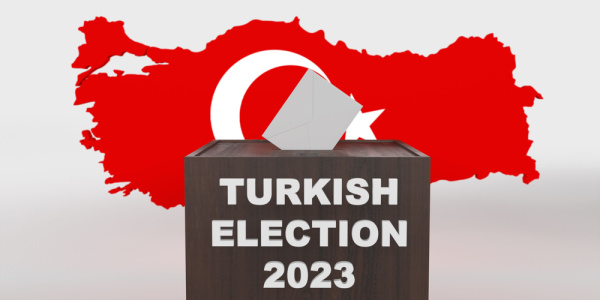
The Istanbul Bombing and Soylu’s Power Play
By Gareth Jenkins
November 22, 2022
The response of Interior Minister Süleyman Soylu to the deadly bomb blast in central Istanbul on November 13th has raised more questions than it has answered and intensified already widespread concerns about the possibility that elements in the state apparatus will ratchet up security concerns in the run-up to the next presidential and parliamentary elections, which are due to be held by June 2023 at the latest. By taking such a high public profile, Soylu also appears to have seized on the opportunity presented by the attack to try to boost his public standing -- which has been badly damaged by a string of revelations by exiled organized crime boss Sedat Peker -- and take advantage of President Recep Tayyip Erdoğan’s absence at the G20 summit in Bali to assert his claim to being the second most powerful person in the government and Erdoğan’s heir apparent.
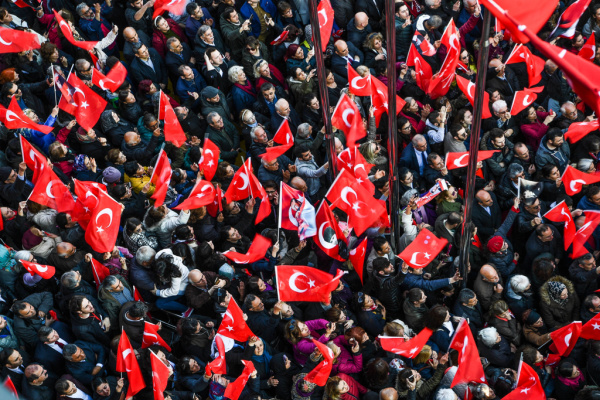
Demirtaş, the HDP and the Kurdish political movement’s struggle for relevance
By Gareth Jenkins
October 27, 2022
Turkey’s Kurds have the potential to play a key role in Turkey’s forthcoming presidential and parliamentary elections, which are due to be held in June 2023 at the latest. Their votes could be critical to Recep Tayyip Erdoğan’s hopes of securing a third term as president and are likely to determine whether the alliance between his Justice and Development Party (AKP) and the Nationalist Action Party (MHP) retains its parliamentary majority. But, with most of its leaders in prison or facing prosecution, its members expelled from virtually all of the local authorities they won in the last local elections and its main political party, the Peoples’ Democratic Party (HDP), facing closure by the Constitutional Court, the Kurdish political movement faces a major challenge in persuading its supporters of the relevance of casting their votes. The 2023 elections could be decided not so much by who Kurds vote for but how many go to the polls.
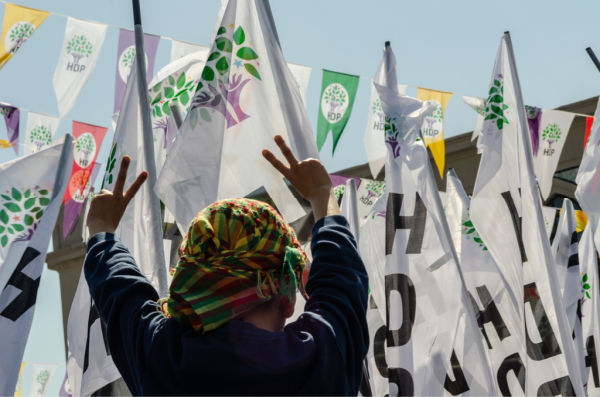
Kurdish Mayoral Dismissals: Narrowing Political Spaces, Widening the Distance from Ankara
By Gareth H. Jenkins
September 4, 2019
The removal of the democratically elected mayors of three municipalities in the predominantly Kurdish southeast of the country and their replacement with government appointees has dealt yet another blow to Turkey’s already tattered democratic credentials. Although it is unlikely to lead to an imminent sustained increase in violence or civil unrest, by further excluding Kurds from political processes the government is exacerbating the already growing belief in the southeast that their future lies in some form of detachment from Ankara.
